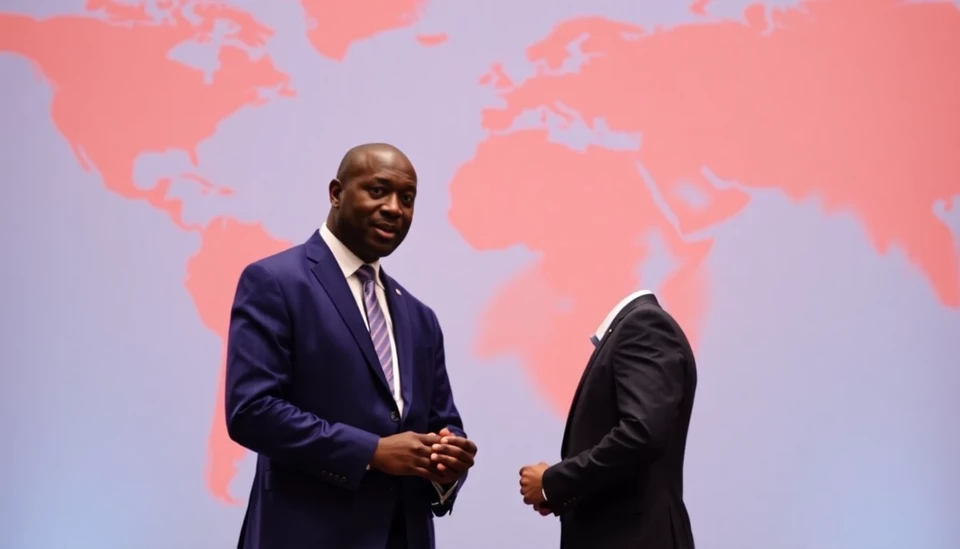
In a significant development, McKinsey & Company has reached a settlement agreement worth $122 million to resolve allegations related to bribery connected to South Africa’s state-owned companies. This resolution marks a critical juncture in a case that has attracted widespread scrutiny and legal challenges focusing on the consulting firm’s conduct in the region.
The allegations stemmed from McKinsey’s involvement with Eskom, a state-run electricity company in South Africa, and its relationship with the Gupta family, who have been accused of leveraging their influence to secure lucrative contracts with government entities. McKinsey's role has previously drawn allegations of colluding with corrupt practices, raising questions about the firm's ethical standards and practices in its consulting operations.
As stated in an announcement released by McKinsey, this settlement is intended to address the financial and ethical implications of the allegations and to contribute positively to the nation’s efforts to combat corruption. The amount stipulated in the settlement will be paid to the South African government as compensation for the impact of the alleged corrupt activities.
This settlement showcases McKinsey's attempts to extricate itself from the persistent controversies surrounding its advisory services in South Africa, a situation that has damaged its reputation both domestically and internationally. The firm asserts that it is committed to ensuring compliance and enhancing transparency in its operations to reinforce its accountability regarding past actions.
Furthermore, the settlement represents not just a financial resolution but a broader recognition of responsibility by consulting firms operating in politically sensitive environments. It sends a message about the importance of maintaining integrity and ethical guidelines while conducting business, particularly in countries where such practices are pivotal to fostering an equitable business environment.
This case is part of a larger narrative concerning corporate governance and ethical practices in global consulting, raising questions about oversight mechanisms when large corporations engage with government entities. As scrutiny intensifies on multinational corporations, McKinsey's agreement may serve as a precedent for addressing similar situations in the future.
In conclusion, McKinsey's decision to pay $122 million signifies more than financial restitution. It aligns with a growing expectation within the corporate world for transparency, accountability, and ethical responsibility, especially in cases marked by allegations of corruption and unethical behavior.
#McKinsey #SouthAfrica #Bribery #Corruption #Consulting #Ethics #Accountability #Business #CorporateGovernance
Author: Samuel Brooks


